Così fan tutte, English National Opera
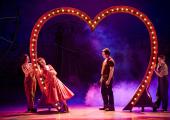
A superb and imaginative take on a classic operatic comedy
A cheeky series of signs raised at the start of Phelim McDermott’s new Così fan tutte for English National Opera promise “Big Arias”, “Intrigue”, “Lust” and “Chocolate” (among other things). Big pledges, all. And almost all delivered by this witty, exuberant and quietly revisionist production of Mozart’s challenging comedy.

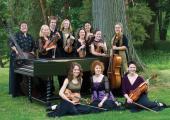

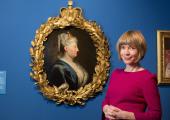
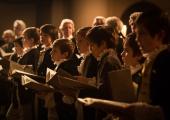

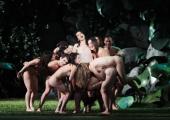

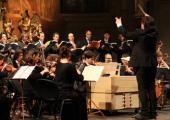
 John Adams: Harmonielehre, Doctor Atomic Symphony, Short Ride in a Fast Machine Royal Scottish National Orchestra/Peter Oundjian (Chandos)
John Adams: Harmonielehre, Doctor Atomic Symphony, Short Ride in a Fast Machine Royal Scottish National Orchestra/Peter Oundjian (Chandos)